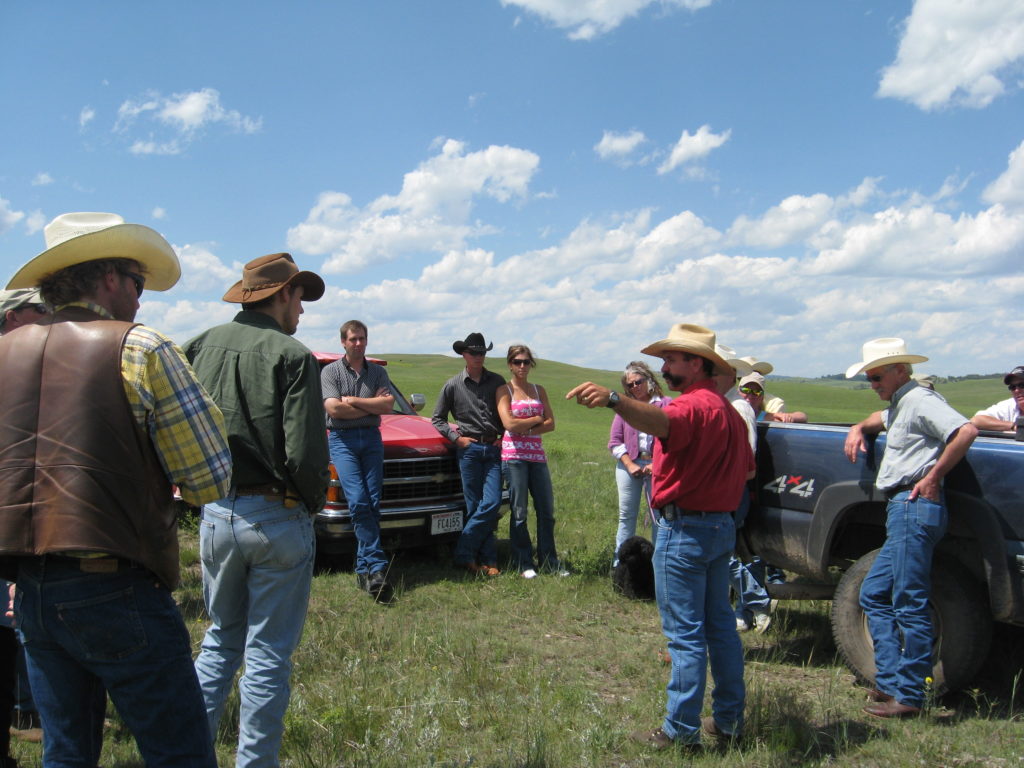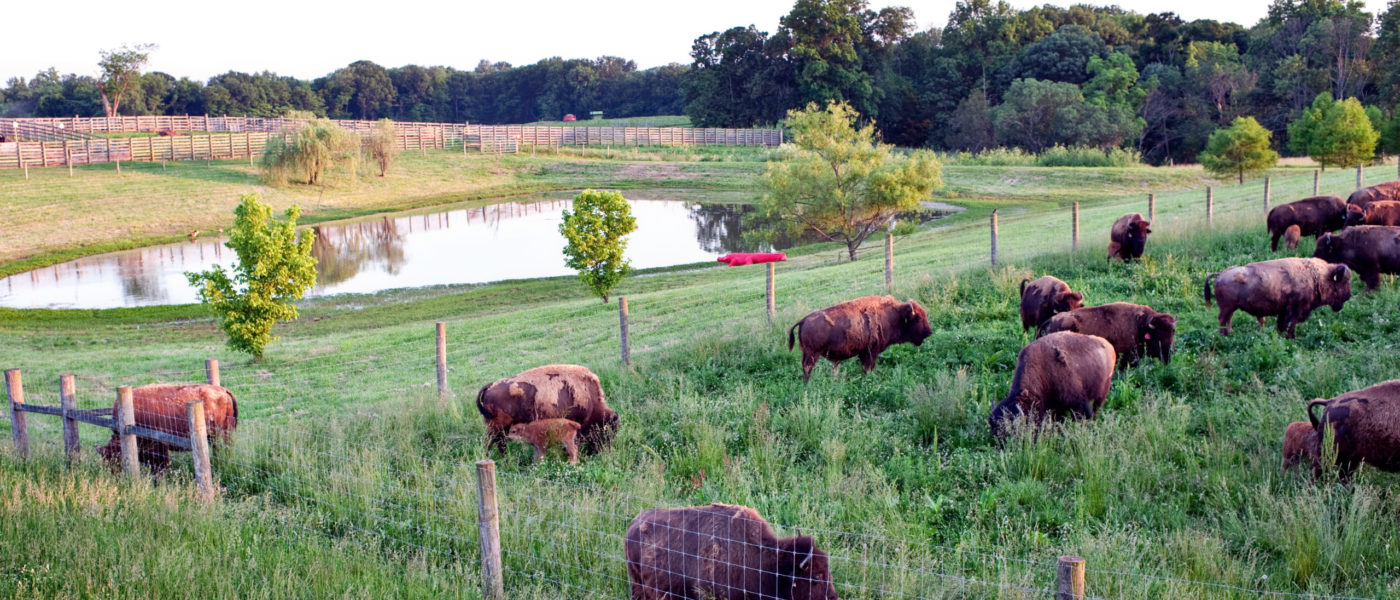Written by Dave Carter
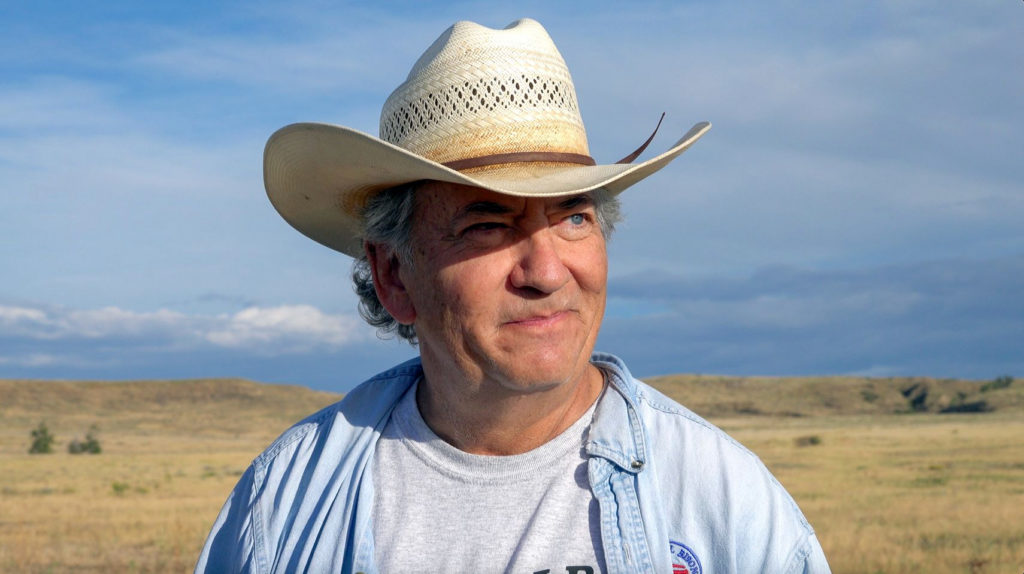
Dave has spent more than 45 years fighting for family farmers and ranchers. He participated in the United Farmer and Rancher Congress organized by Farm Aid in 1986, while he was working as an organizer for the Farmers Union. As a member of USDA’s National Organic Standards Board from 2001-2006, Dave served as Chair of the NOSB when the USDA National Organic Standards were formally implemented in 2022. In 2001, Dave took on the role as Executive director of the National Bison Association, a position he held until last March when he joined the Flower Hill Institute to help coordinate technical assistance for meat and poultry processing expansion. Dave and his wife, Sue, are partners in a bison herd in eastern Colorado.
Aside from a fear of flying monkeys, one of the things that The Wizard of Oz imprinted on me as a youngster was the scene of Toto pulling back the curtain to expose the fallacy of the all-powerful wizard.
We’ve been told by “experts” for decades that increasing consolidation was the way to create a more efficient, resilient meat and poultry processing system. Many actively questioned and opposed that assumption, but other voices prevailed.
Then, COVID-19, like Toto, ripped back the curtain to expose the fragility of America’s consolidated meat and poultry processing system. Grocery store meat cases emptied and legions of workers fell ill as COVID swept through processing plants. Farmers and ranchers were forced to hold onto harvest-ready animals or—even worse—euthanize their herds and flocks.
Our food security was at risk.
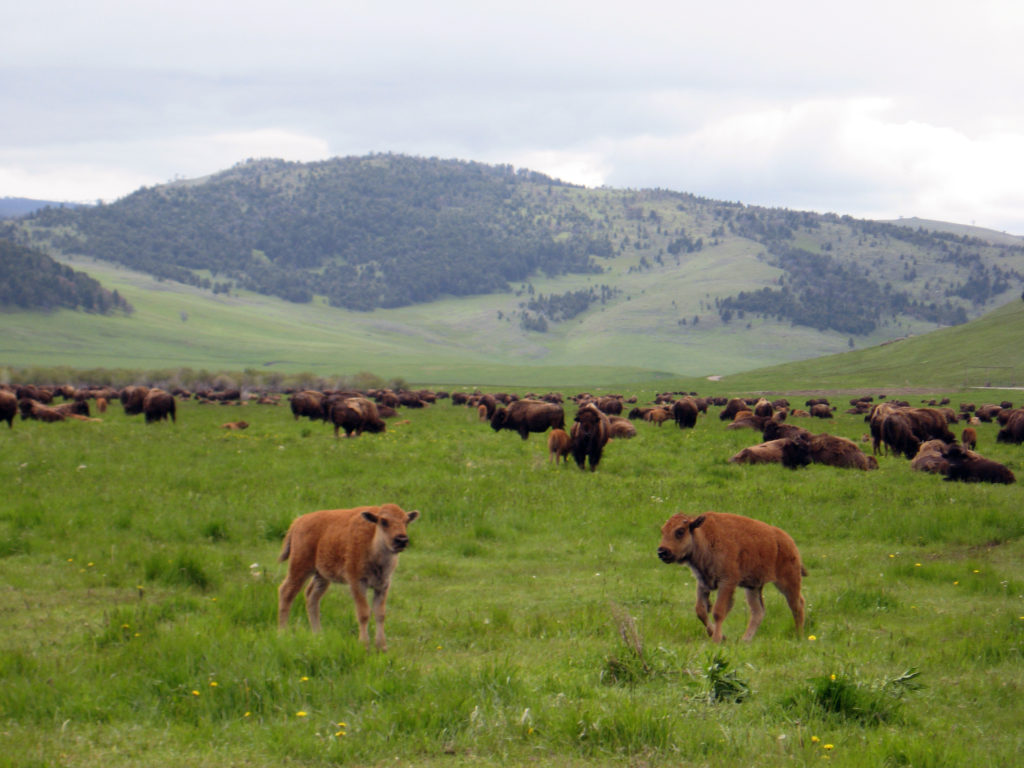
Last January, the White House launched a major commitment to create a “fairer, more competitive, and more resilient meat and poultry supply chain.”
This commitment comes at an extremely opportune time.
Since the 1980s, a steadily growing segment of the American public is realizing that their food purchasing choices directly impact their personal health, the vitality of rural communities, and the health of Mother Earth. Their shopping habits have fueled the growth of the organic industry, farmers’ markets, and farm-inspired offerings in restaurants.
For too long, a “curtain” has masked the vulnerability of our meat and poultry processing system.
The consolidated meat and poultry processing system imposed a severe bottleneck that inhibited customers from connecting with local ranchers and farmers. Now, this new commitment to restructuring the meat and poultry processing sector promises to greatly reduce, and even eliminate that bottleneck.
USDA is committing $1 billion toward grant and loan programs to help ranchers, farmers, and cooperatives develop new processing and marketing enterprises for locally-raised beef, pork, chicken, bison, and other proteins.
USDA recognized that these emerging and expanding enterprises also need technical assistance to guide them through the entire process, through grant preparation, business plan development, facility design and construction, product development, carcass utilization, and marketing.
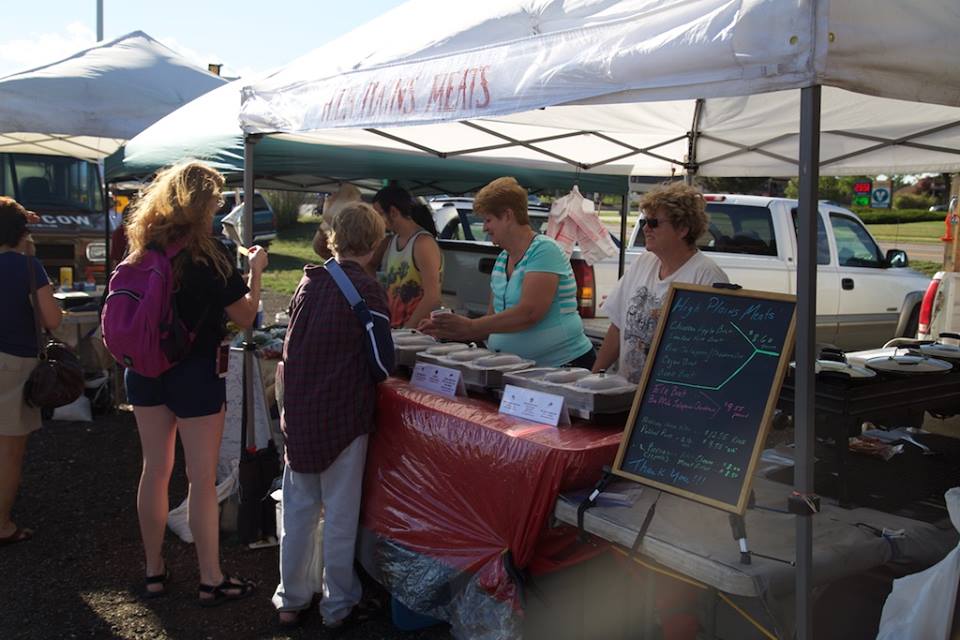
Secretary Tom Vilsack tasked USDA’s Agriculture Marketing Service (AMS) with the responsibility of developing a network of organizations to provide technical assistance. The network includes the Niche Meat Processor Assistance Network of Oregon State University, the Intertribal Agriculture Council, the American Association of Meat Processors, the Agricultural Utilization Research Institute, and the American Meat Science Association. Last March, I closed out my 21-year career with the National Bison Association to join the team of the Flower Hill Institute, an Indigenous-led nonprofit organization that has a cooperative agreement with AMS to coordinate this national technical assistance network.
From “Day One,” AMS urged us to connect with historically underserved producers. That’s why we have established partnerships with Farm Aid, Rural Coalition, RAFI-USA, the National Latino Farmers and Ranchers Association, and eight other organizations.
Simply put, we want to make sure that everyone working to create a processing system that better connects local ranchers with their customers has full access to the free technical assistance resources that can help them succeed.
USDA has made a five-year commitment to this technical assistance program, and the people in our network are dedicated to helping enterprises along the path.
For too long, a “curtain” has masked the vulnerability of our meat and poultry processing system. USDA is now helping to create a new, transparent, resilient, and equitable system that will benefit ranchers, processing employees, and consumers. If you are a farmer, rancher, small food-business owner or someone looking to get into the small-scale livestock processing market, we want to hear from you!
Request Technical Assistance
Getting started is easy. Anyone interested should click here and request technical assistance. The form takes less than five minutes to complete.
Once we receive your request, we’ll make sure that you are in our database to receive all information on any new grant or loan opportunities. We’ll also circle back with you to connect you with the best resources to guide you through your stage of the process.
